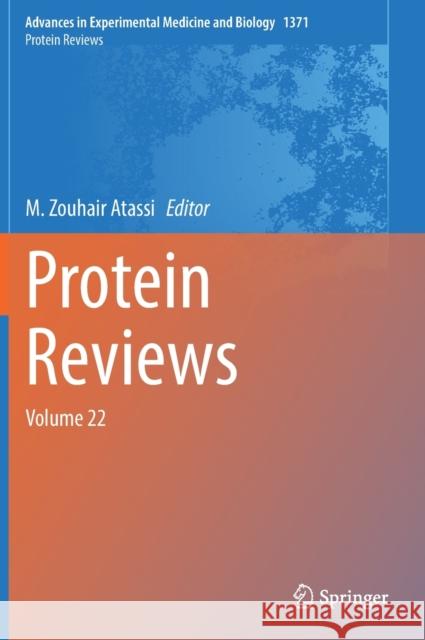Protein Reviews: Volume 22 » książka
topmenu
Protein Reviews: Volume 22
ISBN-13: 9783030964047 / Angielski / Twarda / 2022 / 142 str.
Protein Reviews: Volume 22
ISBN-13: 9783030964047 / Angielski / Twarda / 2022 / 142 str.
cena 603,81
(netto: 575,06 VAT: 5%)
Najniższa cena z 30 dni: 578,30
(netto: 575,06 VAT: 5%)
Najniższa cena z 30 dni: 578,30
Termin realizacji zamówienia:
ok. 16-18 dni roboczych.
ok. 16-18 dni roboczych.
Darmowa dostawa!
The Protein Reviews series serves as a publication vehicle for reviews that focus on crucial contemporary and vital aspects of protein structure, function, evolution and genetics. Volumes are published online first, prior to publication in a printed book. Chapters are selected according to their importance to the understanding of biological systems, relevance to the unravelling of issues associated with health and disease, or impact on scientific or technological advances and developments.Volume 22 presents six review chapters authored by experts in related fields. The first chapter covers carotenoid-protein interactions. Chapter two addresses the non-continuum of eukaryotic transcriptional regulation. The third chapter reviews the structure of the regulatory and catalytic domains of the photoreceptor phosphodiesterase (PDE6) holoenzyme. Chapter four reviews the current knowledge on small molecule compounds that have been evaluated as rhodopsin modulators to be considered as leads for the development of novel therapies for retinitis pigmentosa. Chapter five deals with Plasticity-associated functionality and inhibition of the HIV protease. Finally, chapter six covers single-run catalysis and kinetic control of human telomerase holoenzyme. This volume is intended for research scientists, clinicians, physicians and graduate students in the fields of biochemistry, cell biology, molecular biology, immunology and genetics.











